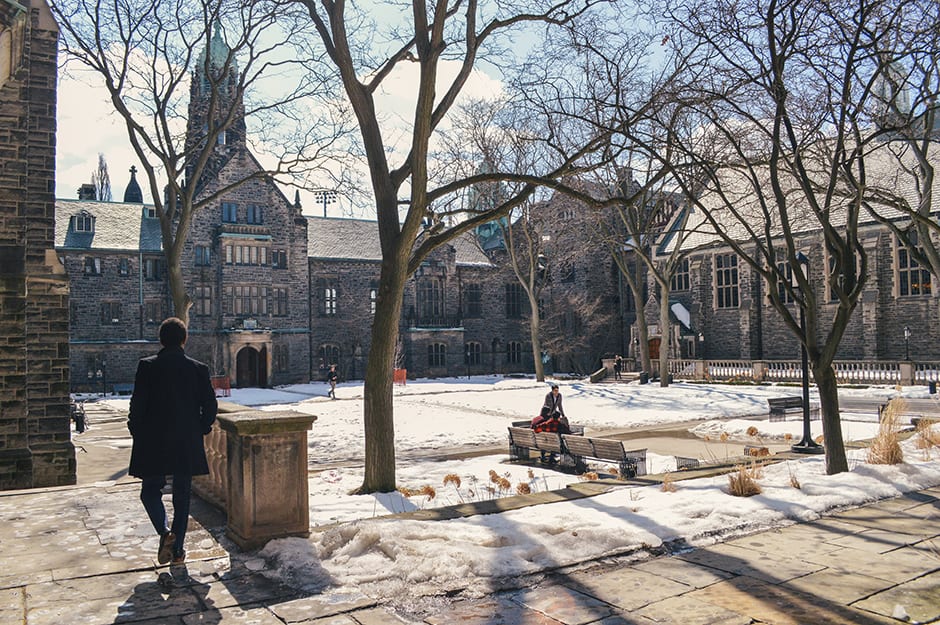December 9 will mark the beginning of the Trinity College community’s efforts to respond to the Syrian refugee crisis. A meeting, aimed at increasing student involvement in the Lifeline Syria Challenge, will be held.
Lifeline Syria, a non-profit organization in the Greater Toronto Area, recruits support teams to assist the 1,000 refugees who will arrive from Syria over the next two years, in line with Prime Minister Trudeau’s Liberal government’s election promise. The Lifeline Syria Challenge will involve the University of Toronto, Ryerson University, OCAD University, and York University in sponsoring 75 refugee families. Among the University of Toronto’s teams is Trinity College.
Trinity’s staff and faculty will be involved in the financial and housing aspects of the resettlement process. They have made a call for students to donate and to join support teams for the cause, regardless of Arabic-speaking ability. “[The] humanitarian crisis in Syria has emphasized the critical role and responsibility we all share as part of the global community,” said Trinity College provost Mayo Moran, calling on students to participate in the initiative.
Joining the Trinity’s team heads is alumna Leen Al Zaibak, who will be speaking to the community on how to get involved. For Al Zaibak, the project hits close to home. After working in Syria on a project targeting at-risk youth, Al Zaibak was forced to leave the country as the war broke out.
Through her feelings of frustration at the political situation and the astounding violence in the country, Al Zaibak formed the NGO Bridges (Jusoor) with a group of friends. “I’m such a proud Canadian and I felt that my country’s response was shamefully inadequate,” Al Zaibak said. The sudden demand for action, according to Al Zaibak, speaks to the nature of the Canadian public. She also believes it is important that Trinity College is the first of the colleges to become involved, which speaks to its history of leadership.
The program is one of a number of ideas generated within the University of Toronto community, which also include a Syrian Refugee Welcome Party and the Scholars-at-Risk program.
The welcome party, spearheaded by the non-profit DawaNet and TorontoMuslims.com, is not directly affiliated with the university, but has become an important event for students at the St. George campus. Mira El-Hussein, a first year student who will be attending, commented that, “It could have been any of us. We’re the upcoming leaders, teachers, doctors, politicians, and the world is being faced with a huge problem, so it’s within our best interest to do something about it.”
Fourth-year student Mohamad Hamieh noticed after visiting Lebanon that while many people have been accepted into the country, the institutions in place there are not sufficient for life improvement. It’s clear that University of Toronto students are demonstrating that they want to be involved in helping Syrian refugees.
Similarly, the Scholars-at-Risk program is U of T’s attempt to contribute to an environment where everyone, regardless of their situation, has opportunities for education. The scholarship uses an adjudication process in order to select vulnerable students for housing at Massey College on campus. These initiatives arrive late in the crisis. “Yes, it did take four years. And yes, it did take the picture of a three-year old washing up on the shores of Turkey to kind of wake our consciousness, but at least we woke up. And we woke up in a really big way,” said Al Zaibak.


